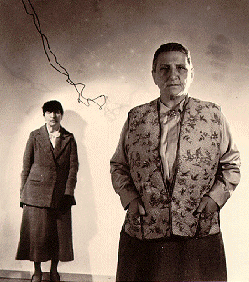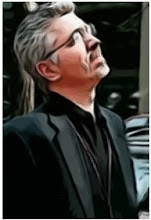
Don't forget, for Tuesday, you want to select one motif from the 15 or so that we collected from "Burial of the Dead" in The Waste Land. Find as many instances or examples of that motif in the rest of the poem as you can. Cite the lines where you find the motif. Remember - - you are looking for concrete examples of the motif and/or its variations. Bring this list into class.
Here's the list of motifs from our last class:
Seasons/natural time
life-in-death; undead; zombie
plagiarism/cultural pastiche
exile
voices/ventriloquy/polyphony
nostalgia/memory
dryness/drought vs. wetness/water
roots/plant/organic
"broken images"/isolate flecks/fragments
sailors/voyages/ocean
hyacinth girl: men and women; impotence
crowds
"unreal city"/ city/London
"hypocrite lecteur"/the reader
deaf/mute/blindness
mixing





